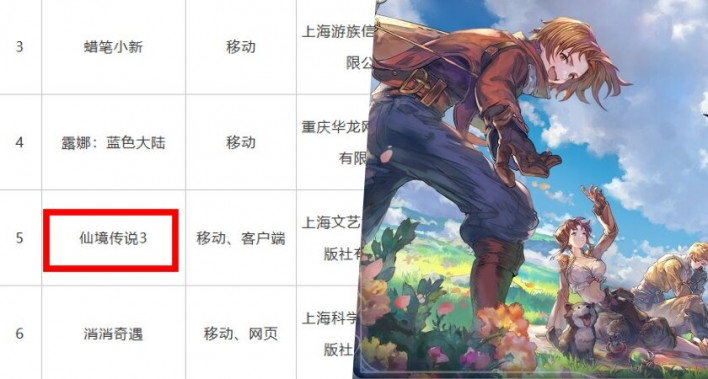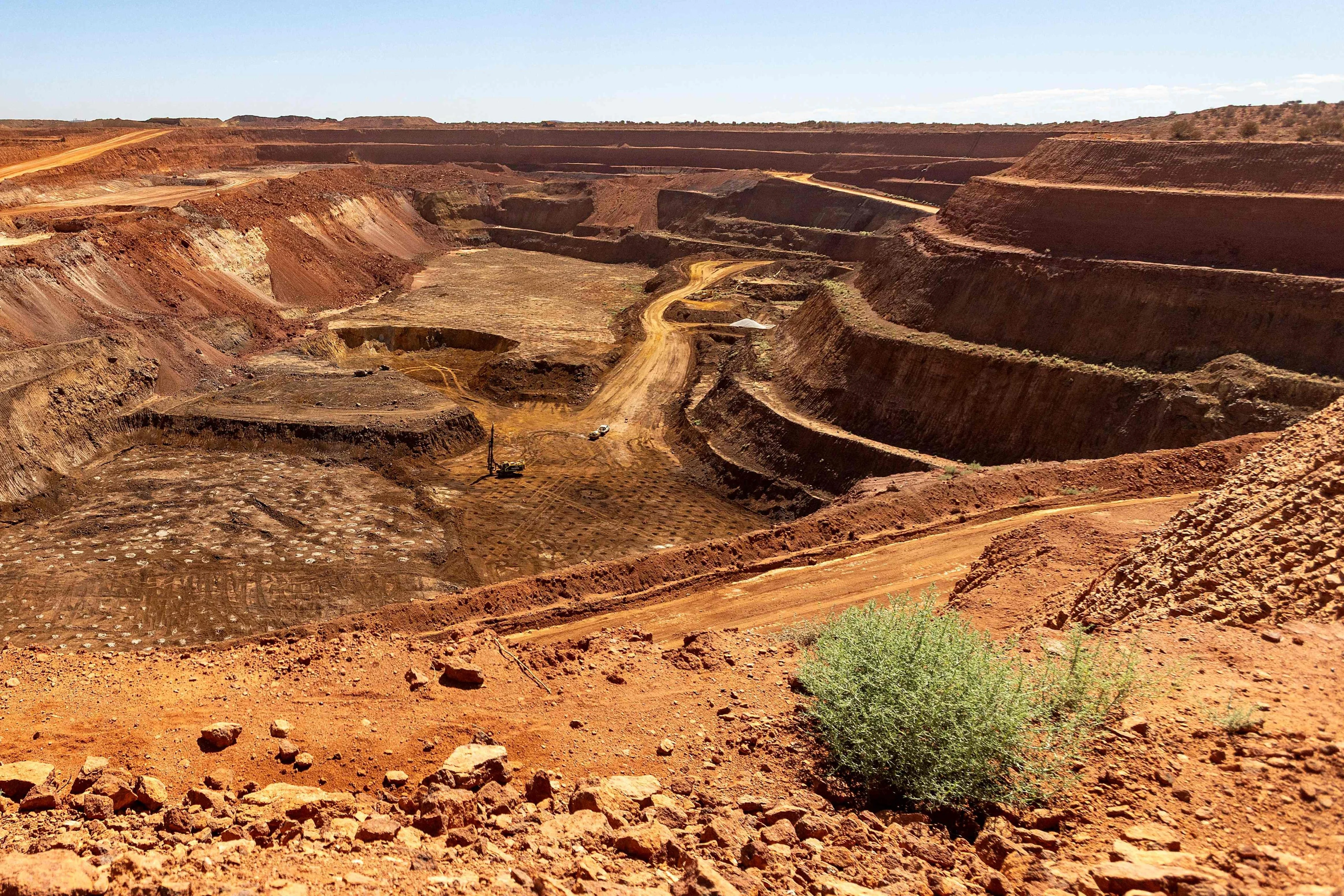Copyright Newsweek

Dementia is “one of the biggest health and social care crises we’re facing globally.” This the warning of Richard Oakley, associate director of research and innovation at leading UK charity Alzheimer's Society, who spoke to Newsweek at New Scientist Live 2025 in London about some of the key treatments and breakthroughs helping to turn the corner on this worldwide problem. In the U.S., researchers have estimated that 42 percent of Americans over 55 will eventually develop dementia—an umbrella term for a range of progressive brain conditions—with the number of new cases per year expected to double by 2060 due to an aging population. Worldwide, around 57 million people live with the condition and there are nearly 10 million new cases each year. With other illnesses like cancer and cardiovascular disease, Oakley notes, "research has driven a change in what people should expect and demand." Now, it appear like it is dementia's turn. He added: “Dementia is actually on the point of that happening. I think it's a really exciting time.” Oakley believes that a big part of why dementia has historically been “neglected” is that its biggest risk factor is aging—and, accordingly, how the demographic of most people with the condition being over 60. He also points out that the word “dementia” itself is challenging for its origins—while in some languages there is not even a name for it. “Alzheimer's disease [the most common form of dementia] was discovered in the early 1900s and since then we haven't had a single disease modifying treatment [until recently],” said Oakley. “These are treatments that change the underlying biology of the condition and do things like slow down progression of disease and—potentially one day—stop the progression of disease. “But in the last couple of years, we've had two disease modifying treatments come into fruition, based [in part] on Alzheimer's Society research from the late 1980s where we identified a protein called amyloid that builds up in people's brains. “It’s not the only player, but it's a major player in the development of Alzheimer's disease, which is a cause of 60 percent of dementias. These two treatments—lecanemab and donanemab—now remove amyloid from people's brains. “They are safe and moderately effective, but they have side effects. They do move amyloid and that does slow the progression of disease by about four to six months on average. So it's not where we want to go—these are only the first generation—but they are the first treatments ever to do this. “In the U.S., you can now access them and be compensated on your healthcare for that.” As to when someone would most benefit from taking these drugs, Oakley explained: “At the moment what the trial data shows is you need to give them as early on in the disease as possible. It’s at the stage pre-Alzheimer's disease and dementia called mild cognitive impairment (MCI) when people have benefited the most.” While they only apply to people with Alzheimer’s disease and amyloid, Oakley points out early diagnosis is needed to determine eligibility, which has positive implications for everyone with possible dementia. In terms of second generation drugs coming through, he said, “One really exciting treatment is called trontinemab and the trials for that are just starting. They’re calling it brain shuttle technology. “They've actually changed it now so that there's a molecule attached to trontinemab that disrupts the blood brain barrier temporarily so the drug can cross the blood brain barrier [one of the challenges in treatments]. So you can put in less drug yet more of it gets to where you need. You get less side effects, we believe. That trial is now starting,” he added. “We also have results for another drug coming out early in the new year, called remternetug. That is taking donanemab and while we were trialing that, looking at the changes and where we can make it more effective. We've already got the second generation and the innovations coming, which is really exciting.” Oakley said that there is also a huge potential for technology to deliver benefits quicker and to support people with dementia in acheiving a better quality of life, particularly as tech can adapt with the person and their disease. Innovations the Society is supporting include smart glasses to identify warning signs like the stove being on or kettle boiling, while going forward AI may help with identifying things like faces, or everyday objects and how to use them. Innovations in diagnosis also include developing sensors in the toilet to detect UTIs—which are more common among people with dementia—reveal the exact type and potentially even flag the antibiotic needed to help treat it. “It currently takes weeks in the healthcare system and we can get that down to minutes and hours potentially with this technology.” Oakley is hopeful Alzheimer’s disease, as an example, will be a chronic condition people live with and die with but not from, similar to HIV and diabetes today. “You have to have the right treatment at the right time in order to make those conditions treatable and entirely liveable.” “I can actually see a world where that happens,” he said, adding that if a variety of factors can be achieved including giving people what they need for their specific form of dementia: “I think we can absolutely end the devastation.” New Scientist Live is due to return to London Excel next year.



